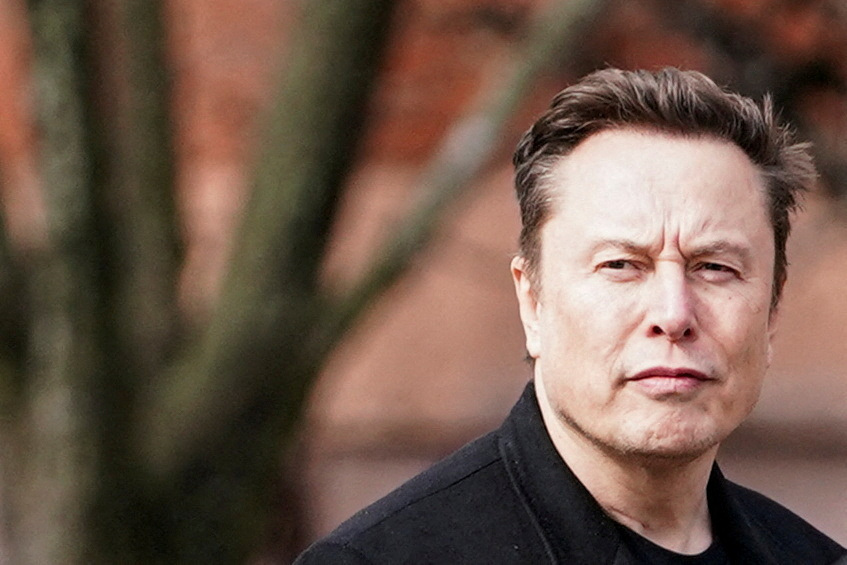Behind the Firewall: How OpenAI Plans to Survive the Musk Fallout

In a dramatic twist of tech world intrigue, OpenAI has fortified its defenses against potential takeover attempts by Elon Musk, the billionaire who was once a key founder of the artificial intelligence powerhouse. Sources reveal that Musk recently made an unsolicited bid to seize control of the company, only to be swiftly and decisively rebuffed.
The failed coup has prompted OpenAI's leadership to implement strategic measures designed to prevent future hostile takeover attempts. With Musk's reputation for bold and unexpected moves, the company is taking no chances in protecting its innovative AI ecosystem and maintaining its independence.
This behind-the-scenes power struggle highlights the growing tensions in the high-stakes world of artificial intelligence, where control over groundbreaking technologies like ChatGPT has become increasingly valuable. OpenAI's proactive stance sends a clear message: they are committed to preserving their mission and vision, regardless of external pressures from even the world's most prominent tech entrepreneurs.
The incident underscores the complex relationships and power dynamics that continue to shape the rapidly evolving landscape of AI development and governance.
